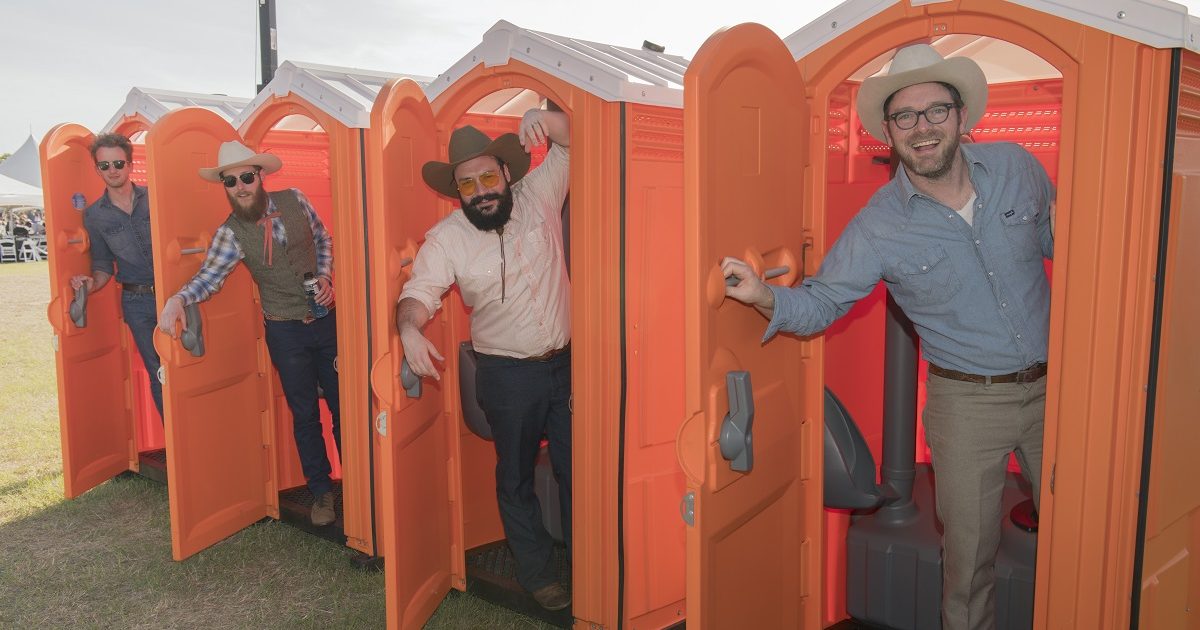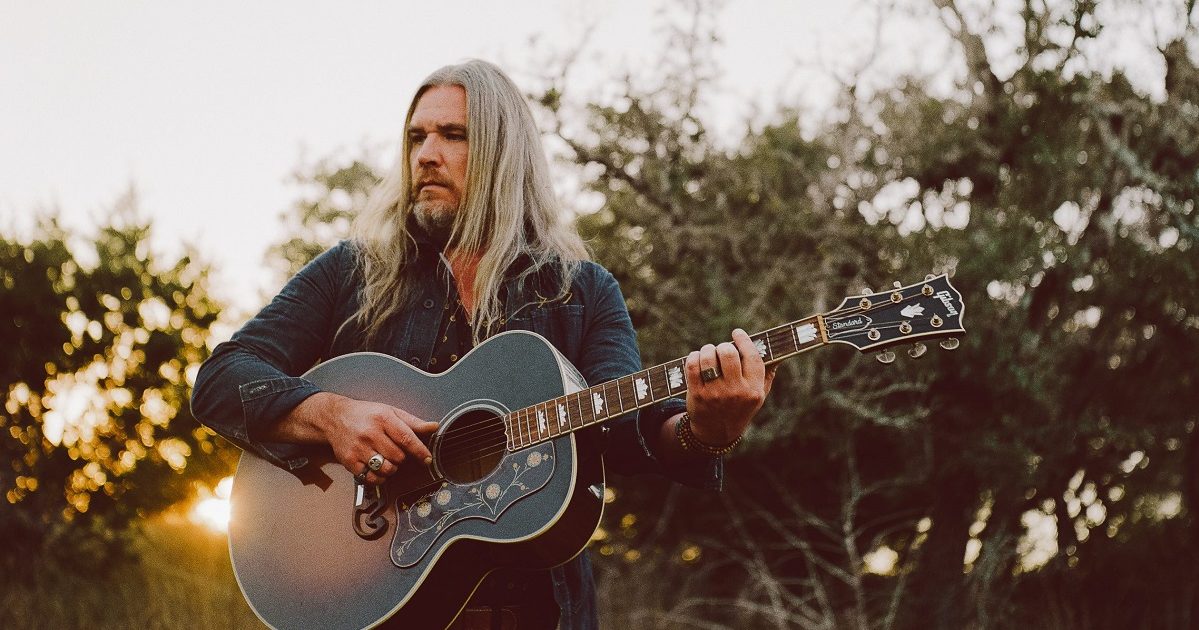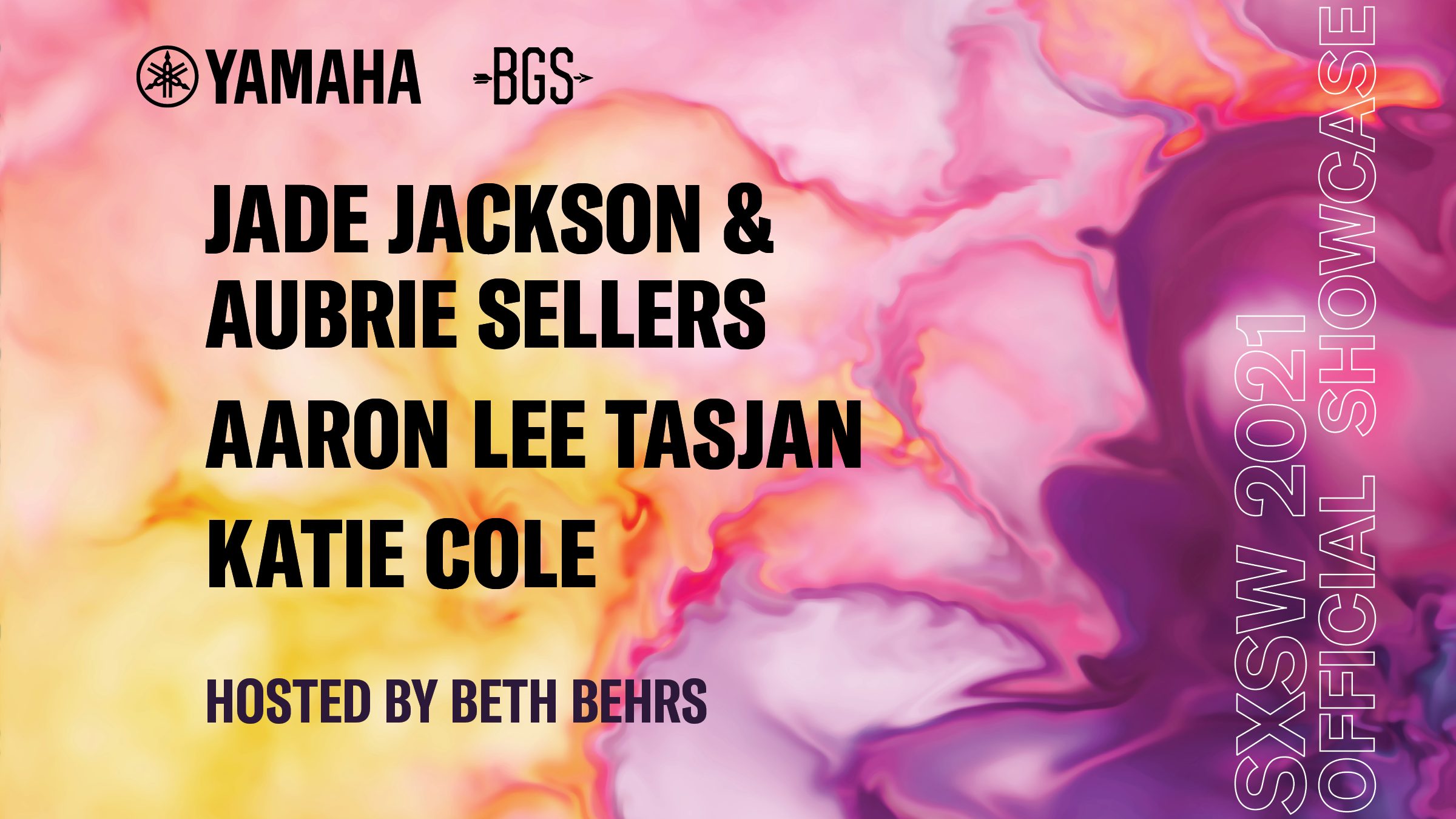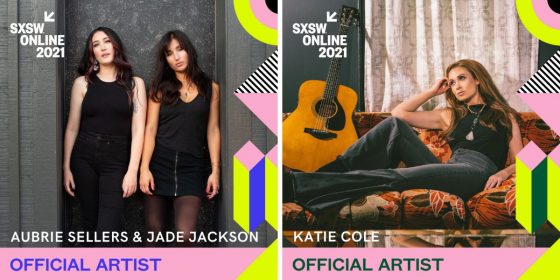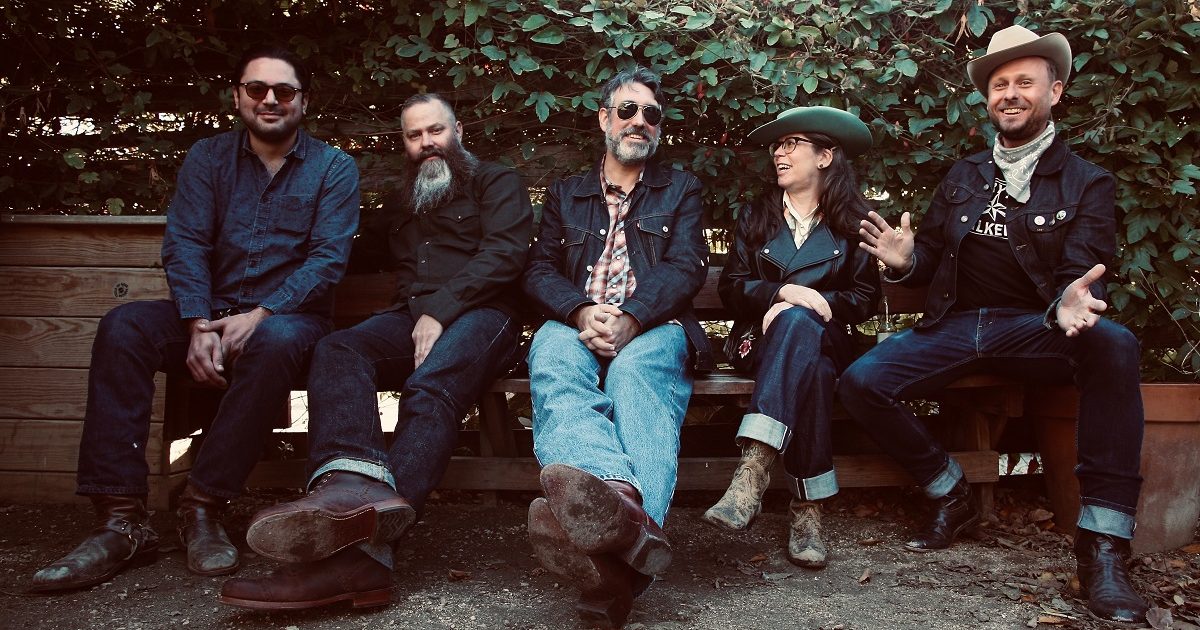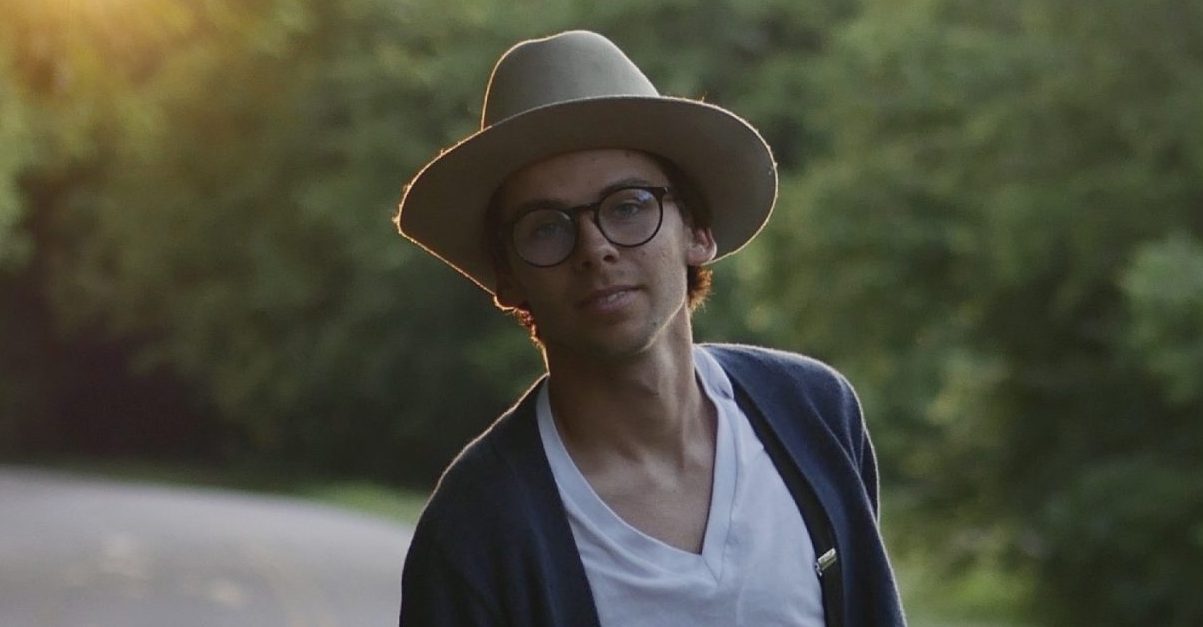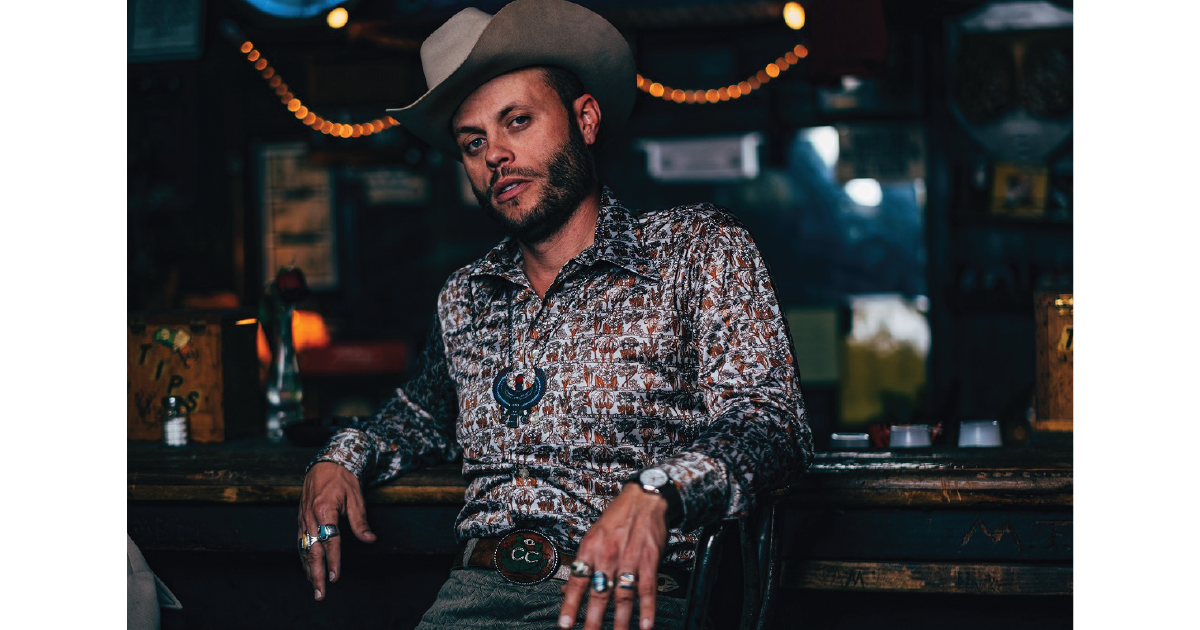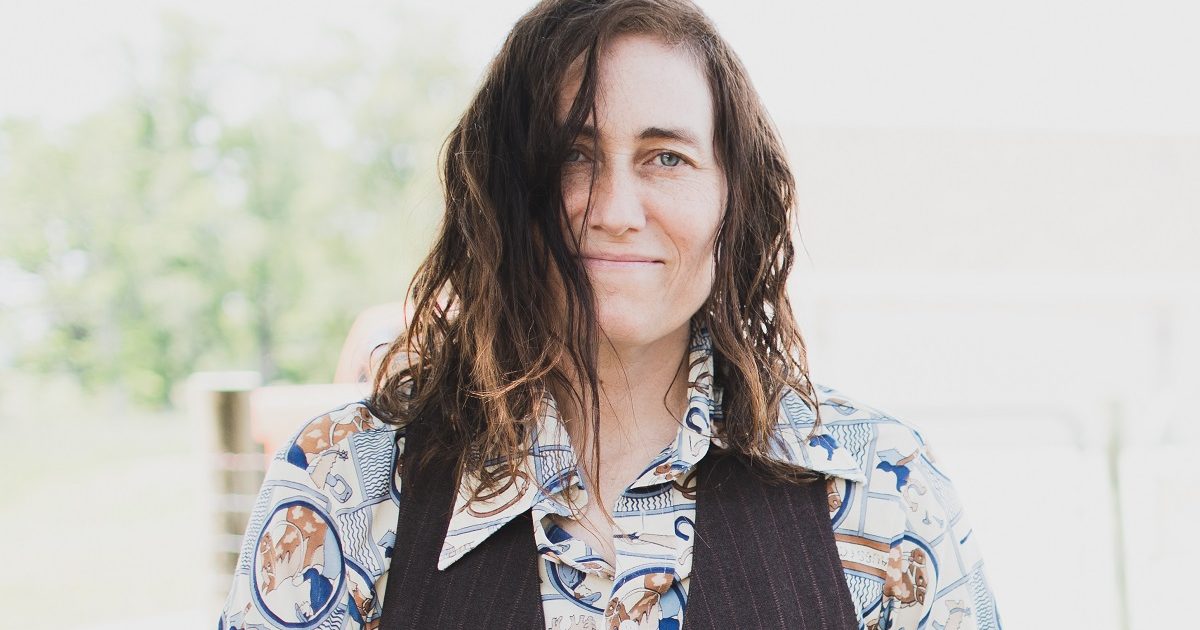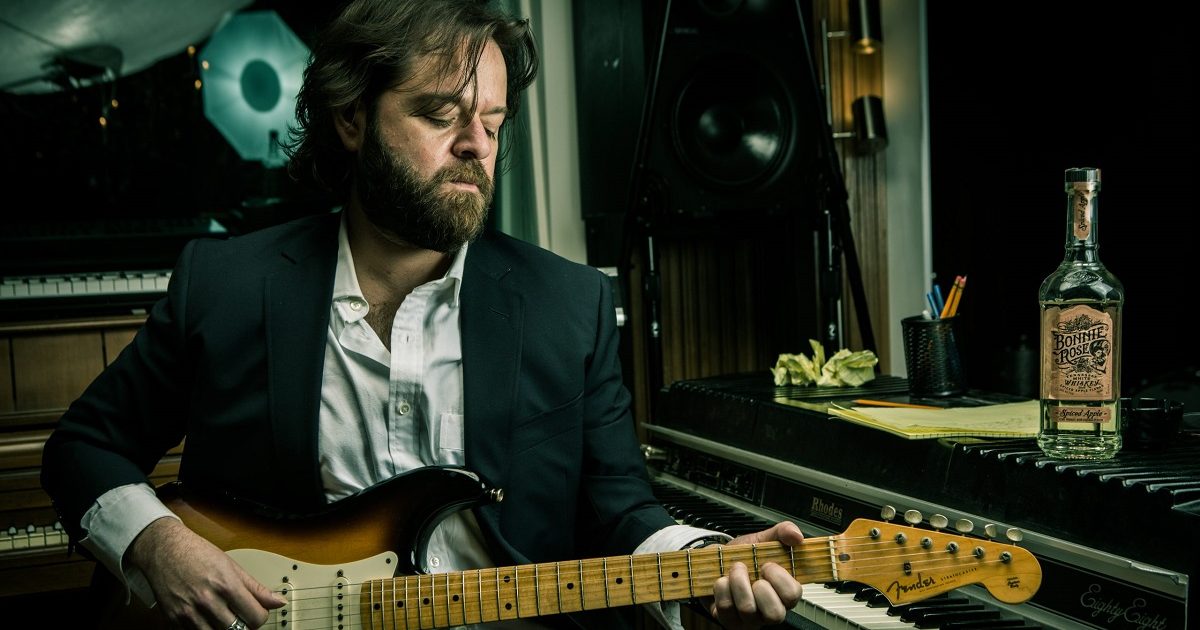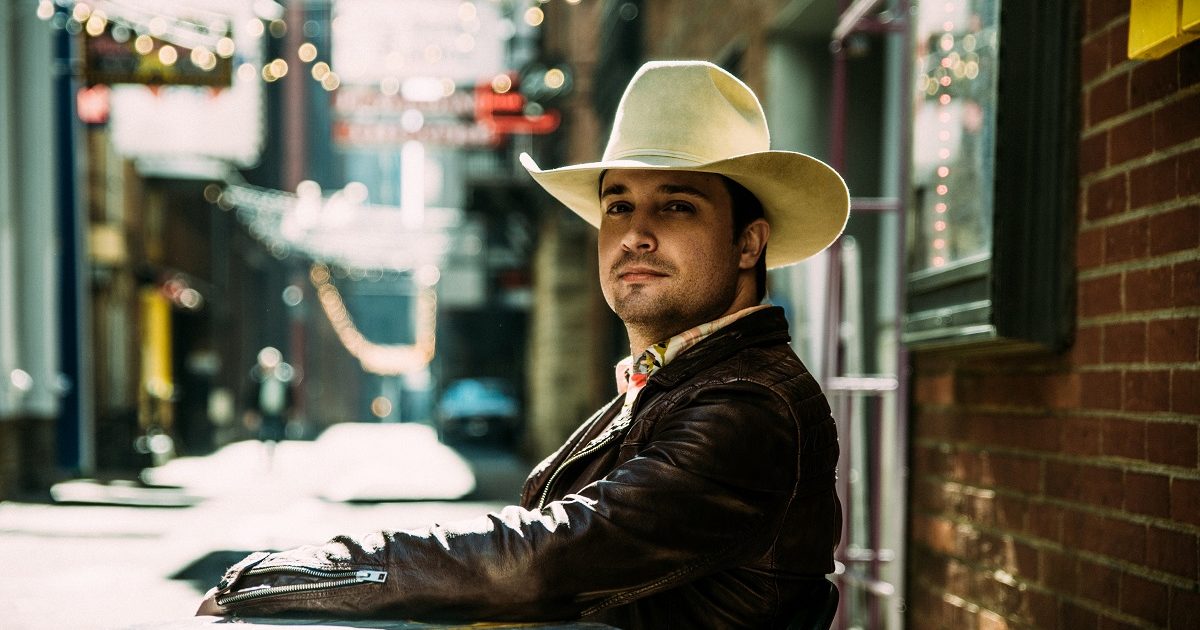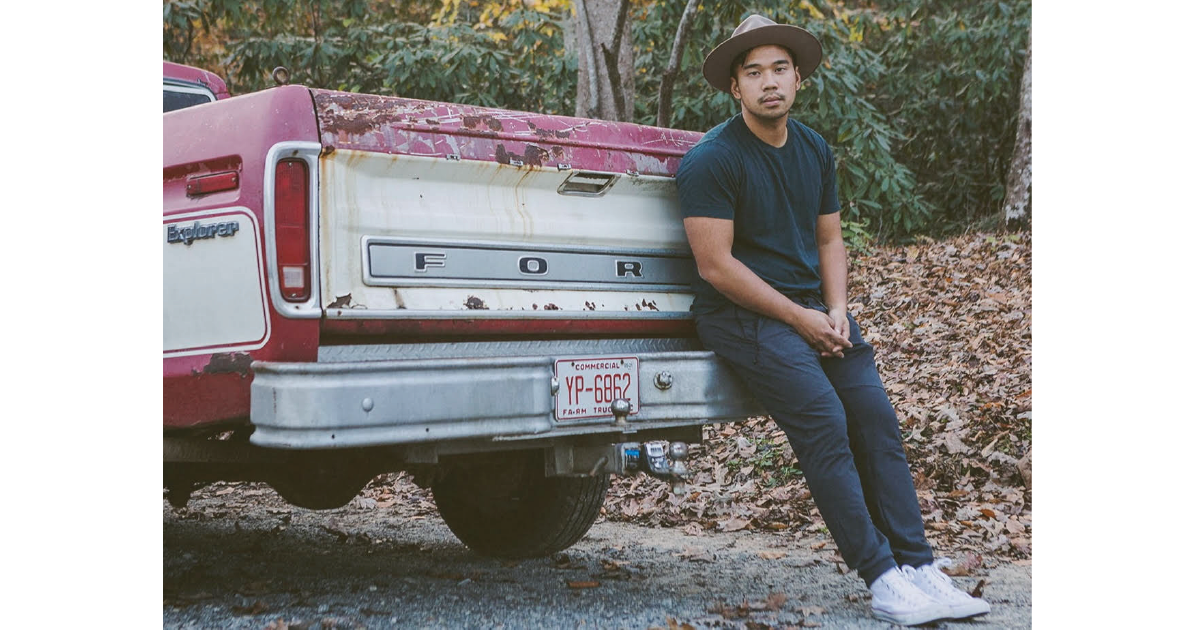Artist: Israel Nash
Hometown: Dripping Springs, Texas
Newest Album: Topaz
Nickname: Izz
Which elements of nature do you spend the most time with and how do those impact your work?
Nature is a big part of my creative process. We have a ranch out here in the middle of Texas Hill Country. It’s a place like no other, surrounded by cascading hills, cedars, oaks and scrub brush, it’s a wild land really with rocks and cactus, and the sunsets are a pure psychedelic wonder. They kind of look like those Thomas Kinkade paintings that were in every dentist office in the ‘90s. Endless pink and purple pastel swirls. And the night sky is one of a kind. Dripping Springs is one of 27 designated Dark Sky cities in the entire world. Which basically means just look up at night time. It’s cosmic.
I built a studio out here where I make all of my albums and write. It has a patio and a pair of big double doors that I keep open most of the time to feel like the outside is always inside. It’s definitely a part of not only the process, but something you hear in the records I make. Magic is in nature, we take that for granted, but trees just grow and give us breath at the same time, I mean birds fly around in the air, like naturally! Gotta see the beauty in all that, be aware of it and let it be something that keeps you open.
What other art forms — literature, film, dance, painting, etc. — inform your music?
I think it’s important to keep up my chops through other mediums of art other than music. Taking the music hat off for a bit and working on other creative outlets can be really magical. And I always find some melodies while I’m working on that other stuff that creates a nice yearning to get back to music. It’s a cycle. Doing one always informs the other. Music will always be my main outlet, but ultimately I want to be a creator and maker of things. I want to chase inspirations wherever they lead me and bring ideas to life, adding form to the formless. Lately I’ve been working with film, from shooting/editing to finishing up this movie script I’ve been working on. Who knows? Just make stuff. That’s my mantra.
What’s the toughest time you ever had writing a song?
On Topaz, I have a song called “Dividing Lines” about how divisions separate us and drives out love. Took me about two years of rewriting this song. I always had what I call the anchor, which here for me was the chorus and those words, dividing lines. But that version was completely different from one now. It just didn’t work yet. My wife is always my first line of listening and when she kind of puts her head down and is like “ummmm” I know I need to go back until I get a better response. It took two years on and off to work it out. And not because I was focused on it, rather it would pop back up in my mind and I would have a new idea to chase. Ultimately, I completely changed the verses, added a musical break and then this big outro. I finally got the head nod/wild dancing response I wanted from her, I knew it was done.
What was the first moment that you knew you wanted to be a musician?
I loved music since I was a kid and took piano lessons, but I fell in love and knew my path the moment my uncle picked up a Strat and showed me “Johnny B. Goode.” Electric guitars got me. Somehow I convinced my parents to let me quit piano lessons and take guitar lessons and I got this red Strat knock off and a tiny Gorilla guitar amp. My piano lessons were at an old church lady’s house, but guitar lessons were held in the backroom of a guitar shop and the teacher would literally smoke cigarettes through the lessons!
I guess it was all slowly preparing my folks for the future with me. Music was my childhood dream, I’m talkin’ 11 years old childhood dreams. I’m proud of that and have been able to learn and grow so much. It makes me excited for the future. I think we all get a little better at things as we get older, and I mean “better” in this holistic way that encapsulates your feelings, perceptions, experiences, talents, understanding, knowledge, reflections, all that good stuff. My vision and path might have changed over time, but I’ve always been moving and chasing new places. Music has been so centric in allowing me to pursue life, learn about myself and strengthen my craft.
If you had to write a mission statement for your career, what would it be?
To make things always that fulfill the cycle of inspiration. Be inspired > Create > Inspire Others to Create…. We can all feed off that and see where it flows. That’s what keeps me interested and moving forward, chasing inspiration. Not just expecting it to fall on my lap, but living and being among it.
Photo credit: Chad Wadsworth
